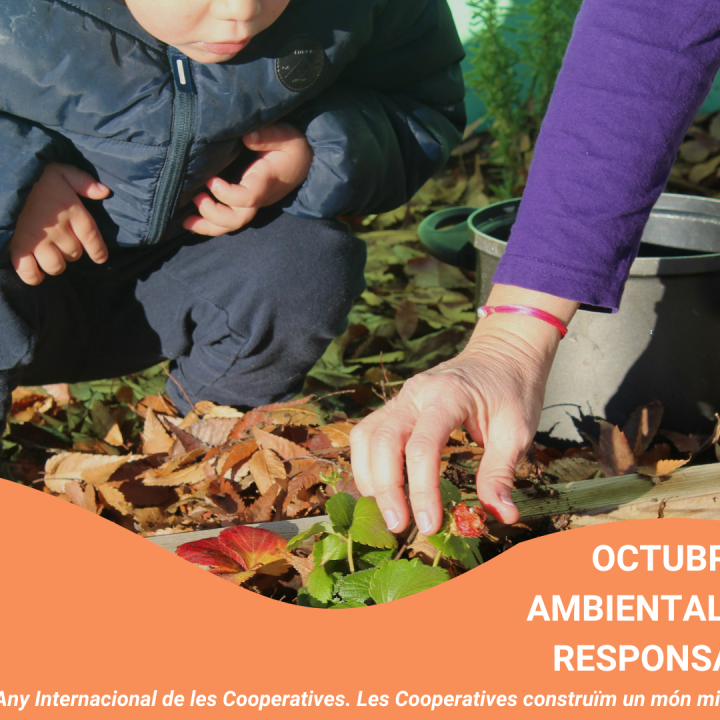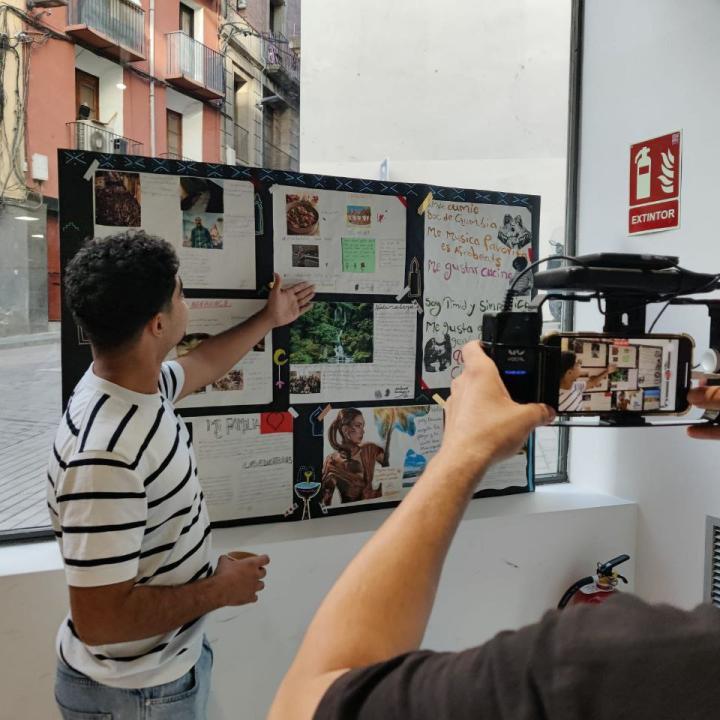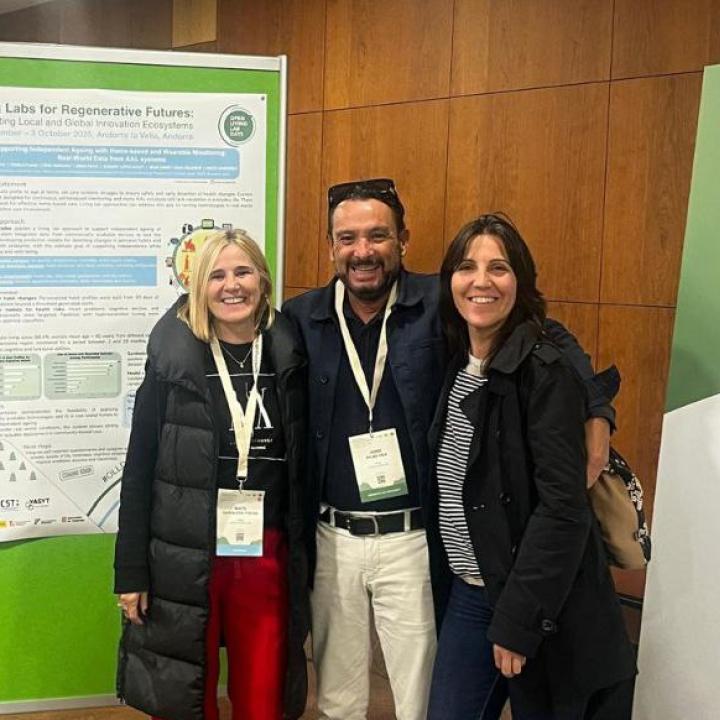More than fifteen professionals from Suara Cooperativa who work in intercultural mediation in penitentiary centers participate in a training, which has also served to exchange experiences and knowledge.
In the first part of the training, they were able to learn about the different experiences in immersive and virtual reality that Suara Cooperativa is running to improve people's well-being and psychological, emotional and physical health. Once these experiences were known, they were able to analyze them and evaluate how they can improve the accompaniment of people who are deprived of their freedom.
As part of the meeting, Suara Cooperativa professionals received training from Ryma Sheermohammadi, a renowned Iranian activist who has studied translation and interpretation and is also a specialist in intercultural mediation.
In this context, one of the key points of the training focused on how to address the interculturality that exists within prisons, both for the people who are incarcerated there and those who work there. For this reason, Sheermohammadi emphasized that it is essential to know and highlight people for their virtues and values, instead of differentiating them for their beliefs, culture, sexual orientation or gender identity. Only in this way, according to the expert, will it be possible to overcome certain discourses or beliefs that put up barriers between different people.
"Instead of shaming, it should be named", asserts Sheermohammadi, who points out that sermons should be avoided and, instead, should be committed to contributing to the training of people and speaking the language of virtues to enhance their abilities, skills and way of understanding life.
For this reason, according to Sheermohammadi, conflicts that may arise in an intercultural mediation process must be addressed from the active listening of each of the parties, know how to manage their emotions and find the points they have in common agreement their values.
Exchange space
Currently, Suara Cooperativa works in intercultural mediation in six prisons in Catalonia. In this context, 16 people working in the organization in this area participated in Tuesday's training, as well as two more from the Department of Justice.
Beyond the training part, this activity also served as a meeting point so that each of the workers could share their experiences, the difficulties encountered during their work or success stories. In this way, they have also been able to see the similarities or differences they have in their daily functions and be able to exchange knowledge to find common strategies to improve the accompaniment of this group and the intercultural mediation between the people who configure
Apart from this meeting, it is planned to hold a second one in October where Sheermohammadi will also be present in order to continue advancing in training for advanced intercultural communication skills and in the attention of people in processes of seclusion




